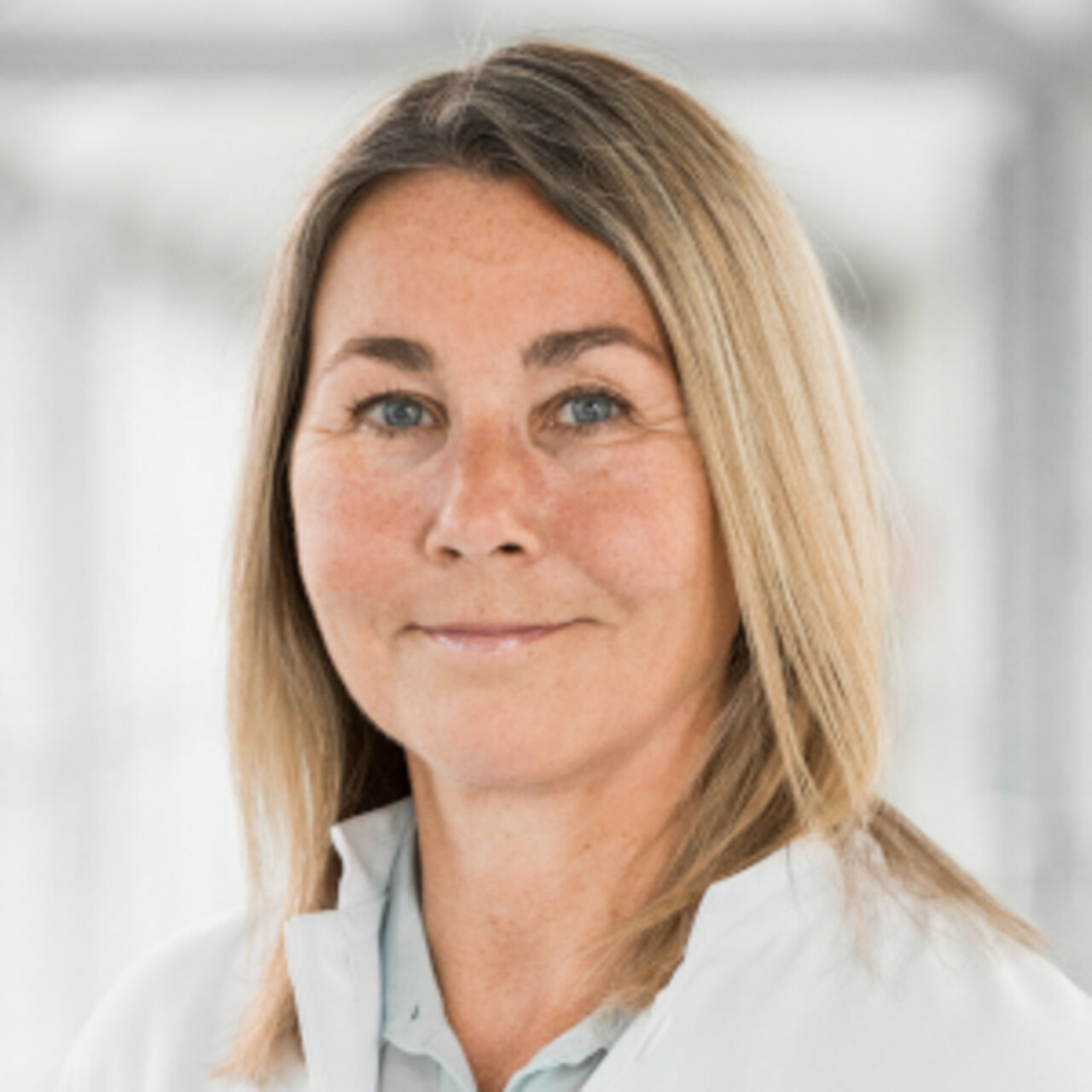Specialists in Hyperthyroidism
6 Specialists found
Information About the Field of Hyperthyroidism
Here you will find only experienced specialists and clinics in Germany, Switzerland, or Austria. Find out about causes, diagnosis, and therapy, or contact our experts.
What Is Hyperthyroidism?
Hyperthyroidism refers to excessive hormone production by the thyroid gland. The hormones it produces, thyroxine (T4) and triiodothyronine (T3), stimulate metabolism, digestion, physical and mental development, and the cardiovascular system and skin. They also play a role in the female cycle.
The thyroid gland's hormone production is precisely controlled by a regulatory circuit between the hypothalamus, pituitary gland, and thyroid gland and is called the thyrotropic regulatory circuit. For hormone production, the thyroid gland requires iodine, an essential component of the hormone. In healthy people, thyroid hormones allow the metabolism to adapt to the moment's needs.
Causes and Frequency
Up to 2% of women in Europe suffer from hyperthyroidism. In general, women are ten times more likely to be affected by hyperthyroidism than men. The two most common causes of hyperthyroidism are Graves' disease and thyroid autonomy.
Graves' disease is an autoimmune disorder in which antibodies produced by the body stimulate the thyroid gland to produce hormones. This is possible when the antibodies precisely match the TSH receptors of the thyroid gland, which are occupied by only the hormone TSH from the pituitary glands when hormones are needed. About 40% of hyperthyroidism is a result of Graves' disease.
Thyroid autonomy refers to thyroid tissue that no longer responds to the thyrotropic control loop, i.e., produces hormones permanently without stimulation from outside (by TSH). Autonomy can be compensated for many years by a low TSH level and remain inconspicuous.
Both conditions lead to an increase in thyroid hormones in the blood. Rarely cancer and hyperpituitarism can be the cause of hyperthyroidism.
What Are the Symptoms of Hyperthyroidism?
Goiter is the most common symptom of hyperthyroidism. It is noticed in 70-90% of the patients. Regarding psychomotor function, the disease is manifested by tremors, irritability, and insomnia. In addition, the heart races, and blood pressure is elevated.
Due to the increased energy metabolism, sufferers often experience ravenous appetite but still lose weight. The skin is warm and tends to sweat. Muscle weakness, especially in the thigh muscles, may occur. Rarely, osteoporosis (bone loss), fatty liver, and female infertility are symptoms of hyperthyroidism.
In Graves' disease, the eyes often also protrude slightly (exophthalmos), and in 5% of cases, edema is found below the knee on the tibia (pretibial myxedema).
Diagnosis: How Is Hyperthyroidism Diagnosed?
The general first indication of hyperthyroidism is a lowered TSH in the blood, which thereby tries to activate the thyroid gland less.
The causative TSH receptor antibodies are detectable in the blood to diagnose Graves' disease. Frequently, antibodies against certain enzymes of the thyroid gland are also found (TPO antibodies). In imaging procedures (ultrasound, scintigram), a thyroid gland with Graves' disease appears inconspicuous to barely enlarged.
A scintigram of the thyroid gland makes it possible to visualize the activity of the thyroid gland and to detect regions (e.g., nodules) that absorb and store increased or decreased amounts of iodine. The patient is given radioactively labeled iodine for the measurement and waits about half an hour until the thyroid gland has taken up enough iodine. There is uniformly increased activity throughout the thyroid gland in Graves' disease.
The scintigram can detect increased activity in the areas that produce hormones independently in thyroid autonomy. These areas are called "hot nodules."
Therapy: How Is Hyperthyroidism Treated?
Hyperthyroidism can be treated with medication, surgery, or radioiodine therapy. Popular drugs that inhibit thyroid hormone synthesis are "thiamazole" and "carbimazole."
In Graves' disease, surgery removes almost the entire thyroid gland, leaving a remnant of a few centimeters. The entire thyroid gland is removed in case of thyroid autonomy or the slightest suspicion of malignant tissue.
In radioiodine therapy, radioactive iodine (Iodine131) is given to the patient to swallow. Since only the thyroid gland in the body absorbs iodine, it remains stored only in it. The radiation from the radioactive iodine destroys the thyroid tissue, which shrinks within the following weeks and months.
Consequences and Risks of Hyperthyroidism
In 40% of patients with Graves' disease, there is a spontaneous improvement of the disease. However, hyperthyroidism can progress to the life-threatening state of thyrotoxic crisis. The cause may be excessive administration of thyroid hormones or iodine-containing drugs (e.g., contrast media).
It may also result from a spontaneous worsening of existing hyperfunction or stressful incidents such as accidents, surgery, or myocardial infarction. A thyrotoxic crisis must be treated in an intensive care unit, leading to death in more than 20% of cases.
Which Specialists and Clinics Are Specialized in Hyperthyroidism?
If hyperthyroidism is suspected, the first contact is the general practitioner. First, he can determine the thyroid levels in the blood. Then, for further diagnosis and therapy, an endocrinologist can be consulted. If medical treatment is not sufficient, a radioiodine therapy can be carried out in a clinic for nuclear medicine, or an endocrine surgeon can arrange a thyroid surgery.
We can help you find an expert for your condition. All doctors and clinics listed have been reviewed by us for their outstanding specialization in hyperthyroidism and are awaiting your inquiry or treatment request.
Sources:
Herold – Innere Medizin 2016
Heiner Greten – Innere Medizin 12. Auflage
academic.oup.com/bmb/article/99/1/39/298307/The-epidemiology-of-thyroid-disease






